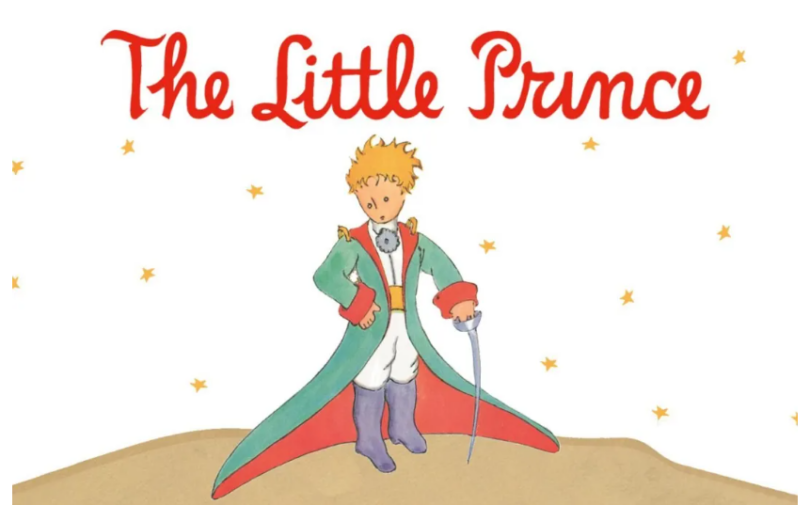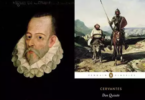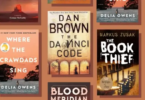The Little Prince by Antoine de Saint-Exupéry: A Timeless Story of Innocence, Love, and Wisdom
The Little Prince by Antoine de Saint-Exupéry is more than just a children’s book; it is a philosophical and poetic tale that explores profound themes of love, loss, and the essence of human connection. Published in 1943, the novella has since become one of the most translated and beloved works of literature worldwide. The story is a timeless allegory that speaks to readers of all ages, reminding us of the value of imagination, kindness, and the deeper meanings of life.
A Brief Overview of the Story
At its core, The Little Prince is a story about a young prince who travels from planet to planet, meeting various characters that embody human virtues and flaws. The tale begins with the narrator, a pilot stranded in the Sahara Desert after his plane crashes. While trying to repair his aircraft, he meets a young boy—whom he later learns is the Little Prince—who asks him to draw a picture of a sheep.
As the story unfolds, the Little Prince recounts his travels to the narrator. He tells of his home, a small asteroid called B-612, where he lived with a rose that he adored, despite her demanding nature. Throughout his journey, the Little Prince encounters strange adults, each living on their own tiny planets and embodying particular characteristics, such as vanity, greed, and the obsession with power. Eventually, he meets a fox on Earth, who teaches him about love and friendship.
Core Themes in The Little Prince
1. The Innocence of Childhood
The Little Prince is often seen as a symbol of childhood innocence and purity. His ability to see the world through clear eyes, unclouded by adult preoccupations, serves as a stark contrast to the adults he encounters. The story highlights how, as we grow older, we often lose our sense of wonder, imagination, and emotional depth, focusing instead on materialism and societal expectations. Through the Little Prince’s eyes, readers are reminded of the importance of seeing with the heart, not just with the eyes.
2. The Critique of Adult Worldliness
A significant theme in The Little Prince is the critique of adult behavior. The adults the Little Prince meets are obsessed with things like wealth, power, and social status. There is the king who rules over nothing, the businessman who counts stars for profit, and the lamplighter who mindlessly follows orders. Through these absurd characters, Saint-Exupéry critiques the often misguided values of adulthood. The story suggests that as we grow up, we tend to forget what really matters: relationships, love, and the beauty of simple things.
3. Love and Relationships
The Little Prince’s relationship with his rose is at the heart of the story. The rose is unique to him, and despite her flaws, he loves her dearly. This love is a metaphor for human relationships: complex, sometimes challenging, yet deeply meaningful. The fox, whom the Little Prince befriends on Earth, teaches him that “one sees clearly only with the heart. What is essential is invisible to the eye.” This lesson about love and loyalty is one of the most profound teachings of the book, emphasizing that true connection comes from understanding and caring for others beyond superficial appearances.
4. The Value of Friendship
In his journey, the Little Prince learns that friendship is a bond that requires effort, understanding, and commitment. The fox’s famous words about taming, or creating a bond, reflect how friendships are formed over time and through shared experiences. The book suggests that true friendships are built on trust and love, and they shape the person we become.
Symbolism in The Little Prince
Saint-Exupéry’s use of symbolism is one of the reasons why The Little Prince remains relevant and impactful to this day. Several characters and elements in the book carry symbolic weight:
- The Rose: Represents love, beauty, and the complexities of human relationships. The Little Prince’s rose is unique to him, symbolizing how personal connections are irreplaceable, no matter how difficult they may seem at times.
- The Fox: Represents friendship, loyalty, and the importance of emotional bonds. The fox teaches the Little Prince that the essence of a relationship cannot be understood at first glance but is built over time and mutual care.
- The Planets: Each of the planets the Little Prince visits represents different aspects of human nature. The characters he meets—like the vain man, the businessman, and the geographer—represent exaggerated adult traits that contrast with his innocence and curiosity.
The Legacy of The Little Prince
Since its publication, The Little Prince has become one of the best-selling books of all time, translated into over 300 languages. Its philosophical depth and universal themes have earned it a special place in the hearts of readers around the world. The story is not confined to one age group or culture; its themes of love, loss, friendship, and the search for meaning resonate with people of all ages and backgrounds.
Beyond the pages of the book, The Little Prince has been adapted into films, stage productions, and musicals, further cementing its cultural influence. Its powerful messages continue to inspire individuals to look beyond the material world and rediscover the importance of emotional connection and inner growth.
Why You Should Read The Little Prince
- Timeless Wisdom: The book’s lessons about love, friendship, and the value of simplicity are as relevant today as they were when it was first published.
- Universal Appeal: Whether you’re young or old, The Little Prince offers profound insights into the human condition, making it a must-read for readers of all ages.
- Accessible Storytelling: Saint-Exupéry’s simple yet evocative writing style allows readers to connect emotionally with the story and its deeper meanings.
Conclusion
The Little Prince by Antoine de Saint-Exupéry is a deeply moving and thought-provoking tale that transcends age and time. Its blend of whimsy, wisdom, and allegory makes it a masterpiece of literature that continues to inspire generations of readers. Whether you’re reading it for the first time or revisiting it as an adult, The Little Prince offers profound insights into love, relationships, and the essence of human life.







